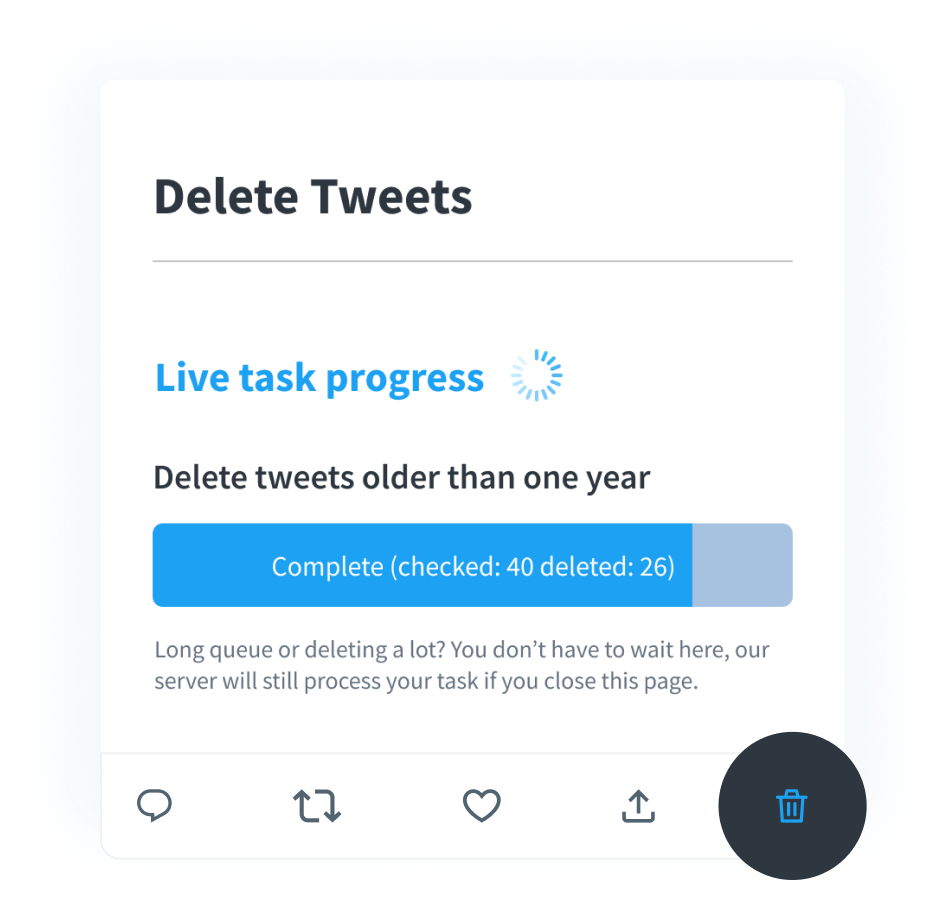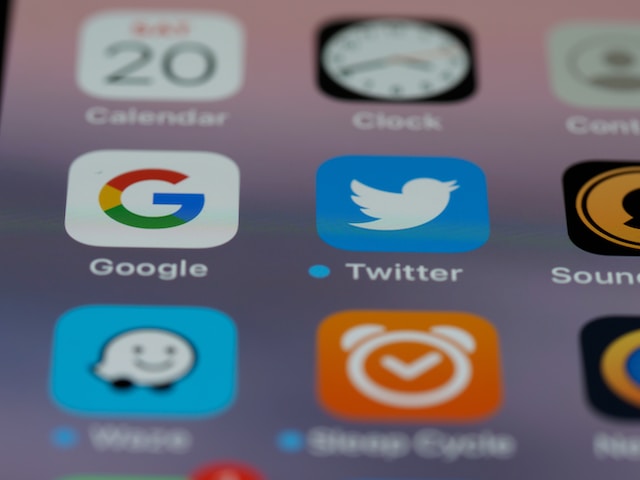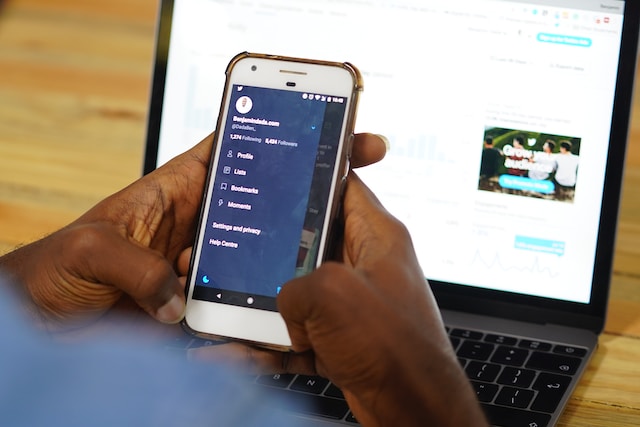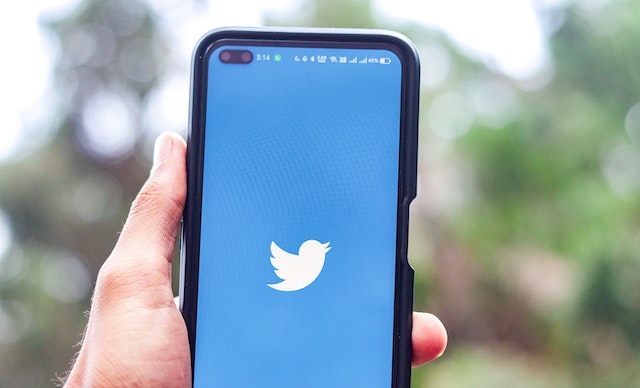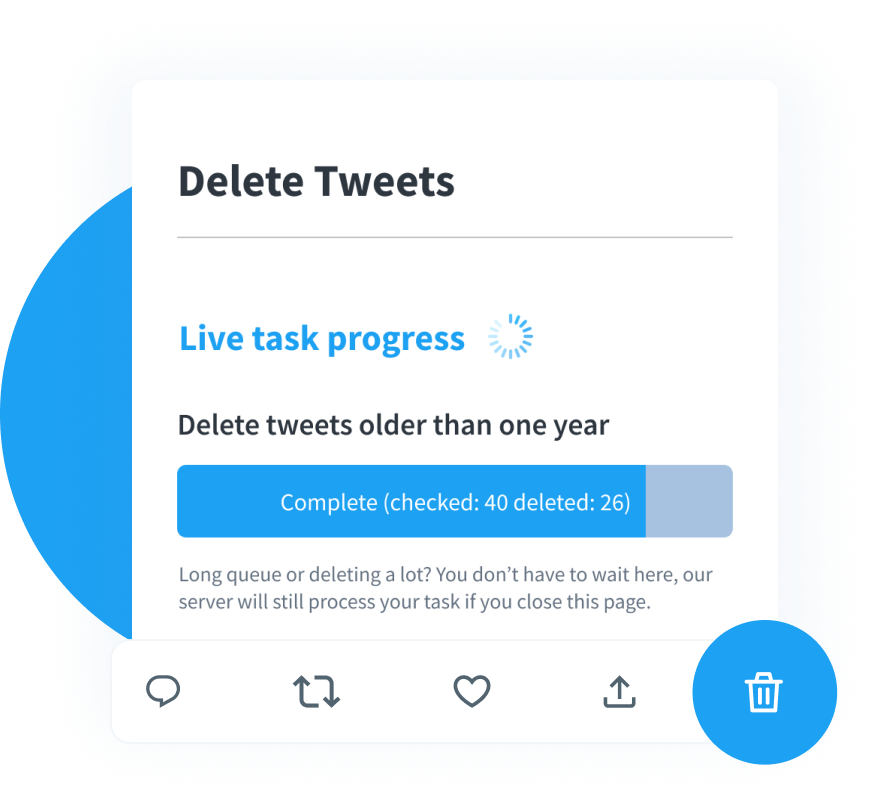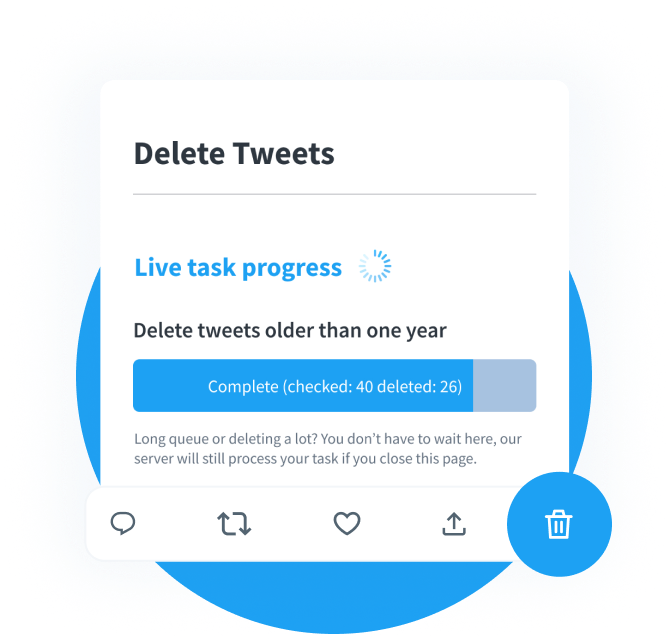Since the inception of social media, concerns have existed regarding the levels of safety and privacy of the platforms. These concerns have especially persisted on platforms like Twitter, with questions arising concerning the fate of user data. These occurrences have prompted users to consider what should happen to their interactions on the platform. While many users have insisted that it’s best to clear tweets from the platform, others think otherwise.
Then, the Library of Congress began collecting all the tweets published on Twitter in 2010. It collected all the past tweets and began saving all posts. However, there are still several arguments regarding this issue. While others support the idea of tweet preservation, others remain on the other side of the divide. People are still undecided when it comes to these two ideas. This article discusses all of that.

Table of Contents
Why Should We Save Tweets? All the Reasons Why It Is Essential To Retain Posts on Twitter
A significant percentage of Twitter users believe that it is okay to store their posts. This idea arises from the fact that many tweeps share information that may subsequently be relevant. In the same vein, others are insistent on preservation to store their records for posterity. Apart from this, there are several other advantages to saving the tweets you share on this social media site. Let’s dive into that.
Tweets Contain Historically-Relevant Information
Many posts on the social media platform contain interactions and information that are quite relevant on a historical front. These tweets, which are majorly records of events and occurrences, indicate the same happenings and the times they occurred. Thus, preserving those tweets is one of the most important ways to save that information for future reference.
For instance, a NASA scientist, TJ Creamer, made the first tweet from space on January 22, 2010. This is an event that should remain preserved for history’s sake. Also, the world heard the news about the presence of ice on Mars through a tweet from the mission’s account. In such cases, tweet preservation has protected the information transmitted in real-time following the events.
Tweet Preservation Allows Users to Access Old Posts With Context
Many old tweets still draw crazy reactions when they resurface under certain circumstances. For instance, snapshots of older tweets taken without context could be confusing if the tweets are no longer available. So, tweet preservation provides context to such tweets when viewers can access the replies and conversations surrounding the post.
Again, the snapshots do not tell the full story in most instances. Someone can take a single statement from an entire conversation to push a narrative. In similar situations, only the full versions of those discussions prevent their misappropriation.
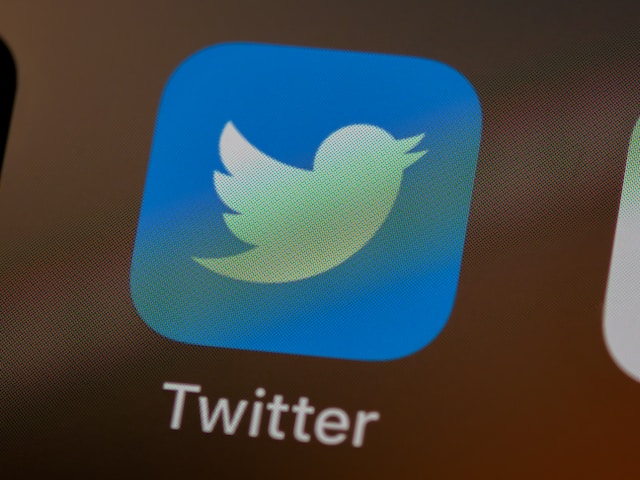
Tweets Are Useful for Storing Public Permanent Records
Many public officials share information and records with the public on Twitter. Thus, preserving posts on the platform translates to preserving these public records. Announcements, events, reports, and community outreaches are some of the information that public officials share on the social media website. While most of these records become permanently binding, others become obsolete with time.
Public officials also use tweets to launch policies, programs, initiatives, and products. This medium is also suitable for advertising, awareness, and marketing campaigns by elected government officials. Health personnel also record public health and safety concerns and emergency responses on Twitter. Therefore, saving tweets allows people to make future references from these events, provided the records are available.
Tweet Preservation Boosts Levels of Transparency
Many conversations occur on Twitter, and many touch on controversial topics. Because of this, people remove published tweets all the time. The idea of tweet preservation makes it possible to access these tweets even when the author takes them down. This way, there is increased transparency on the social media website.
This factor deals with a large card regarding conversations with a historical background. In these conversations, people can factor in precedents and previous discussions that may no longer be available directly.
For all these reasons, people argue for preserving their digital footprint especially relating to tweets. Accordingly, the assertion that tweet preservation is a necessity persists in the face of these arguments.

Why Should We Delete Tweets? Why Is It Necessary to Trash the Digital Footprint
In 2017, the Library of Congress announced that it would not save all the tweets published on Twitter. Instead, it will only preserve the most important tweets. The library also mentioned that it would keep all the tweets it collected from 2006. Even before this announcement, people on the other side of the debate were against the tweet preservation policy. Accordingly, there are several reasons why we should consider discarding tweets instead of storing them.
There Is So Much Noise on the Platform
Being one of the most popular social media platforms, Twitter has a lot of traffic and noise. According to recent statistics, over 500 million tweets are published on the platform daily. This large volume of tweets makes it challenging for archival platforms to save all the posts effectively. Thus, it is not entirely feasible to preserve all tweets for now.
Again, the large tweets indicate that users share more unneeded content on the site. Therefore, the need to save all of these for future references depletes considerably. For this reason, the Library of Congress and other archive services only preserve tweets considered necessary.
Old Tweets Could Return To Haunt People if Not Dealt With
People’s ideas and opinions change as they grow. However, a tweet you made a decade ago remains as it was if it is untouched. For this reason, your old, outdated tweets could return to bash your career and your personality, even if it does not represent your current stance. Therefore, storing your tweets in the public domain may not be a good idea.
Similar occurrences have happened in the past. In 2019, American comedian and actor Kevin Hart lost the gig to host the Oscars after several old tweets resurfaced. These were tweets he made between July 2009 and January 2011, coming to affect his career. Well, this is one major reason people must bulk-delete their old tweets.
To Maintain the Focus on Crucial Public Discussions
Just as the Library of Congress decided down the line, focusing on tweets that push public discussion produces a better effect. This is a critical way of filtering the noise and picking out posts worthy of a revisit. Again, people share tweets about their private life and personal issues all the time. These tweets do not necessarily fall within the scope of public importance.
Therefore, it’s best to preserve the posts from government agencies, public officials, and influential individuals that draw public discourse. This way, institutions and archive sites can perform more conveniently and efficiently.
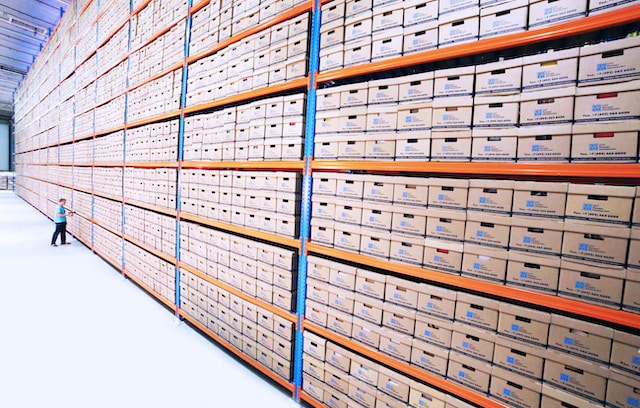
What Are the Tweet Preservation Platforms? Where Can We Find Old Archived Tweets?
There is much focus on the idea of tweet preservation. However, there are a few lapses in the focus on how to do this. At first, the Library of Congress was responsible for preserving all the tweets published on the platform. Going forward, it dropped the idea, announcing it’d only focus on the most important ones. Thus, there are a few questions regarding the platforms that store tweets and those where users can preserve their posts.
The Library of Congress Twitter Archive
Four years after the inception of Twitter, the Library of Congress disclosed that it would keep archives of all tweets. The institution then collected the initial tweets published on the platform and began saving tweets made from there on. Eight years later, the library reversed its decision, mentioning that it would only archive tweets on a selective basis.
The institution had previously insisted that it wanted to preserve tweets to keep records as with other materials. At its peak, it had relayed that it collected over 500 million daily tweets. Subsequently, the Library of Congress amassed over 170 billion Twitter posts.
The Internet Archive’s Wayback Machine
The Wayback Machine, an archive of the Internet, preserves pages on the Internet, including Twitter pages. This Internet archive has been functional since its rollout in 1996. While saving web pages, this tool saves tweets but only captures popular pages. Apart from crawling websites like Twitter and saving snapshots of pages, the Wayback Machine allows users to save specific pages.
Still, it is an excellent option for finding old tweets, even those no longer available on the platform. Although these internet tools save some, users can still avoid trouble by removing inappropriate tweets. This activity may sometimes require bulk tweet deletion. Now, this is where you’ll find TweetDelete useful.
At TweetDelete, we’ve created a straightforward web tool that filters and deletes tweets in large numbers. This third-party web application allows users to load their archives and perform highly-specific deletion actions. It is ideal for users with the intent of cleaning their Twitter profiles. Start filtering and cleaning your Twitter timeline today!
